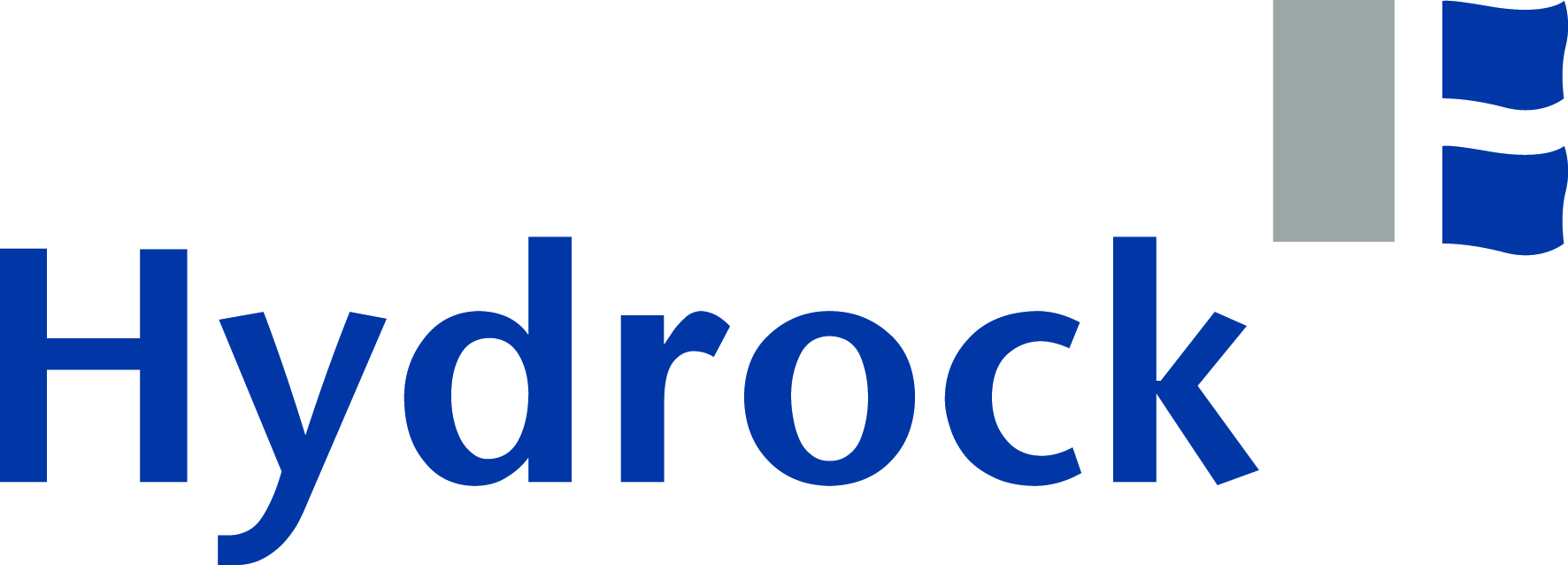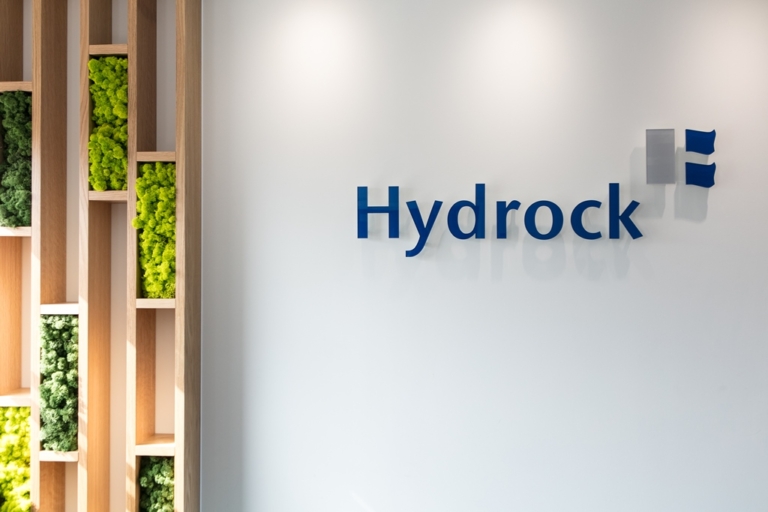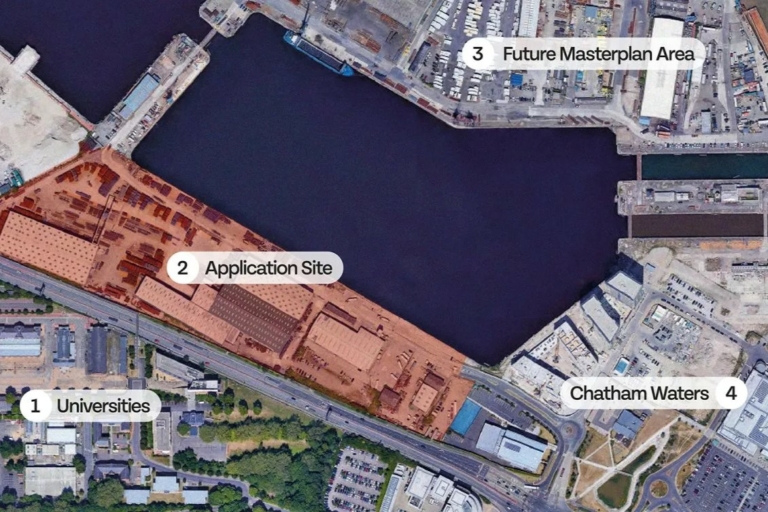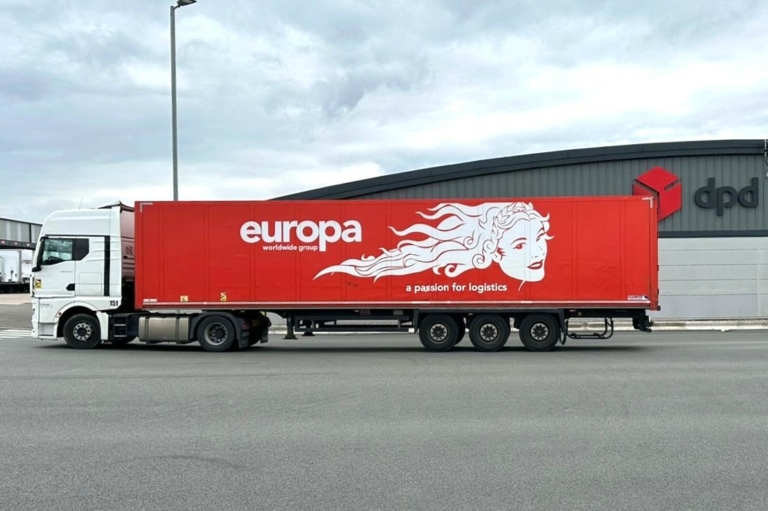Big Interview with Brusk Korkmaz, Hercules Site Services: Herculean effort to solve the construction skills shortage
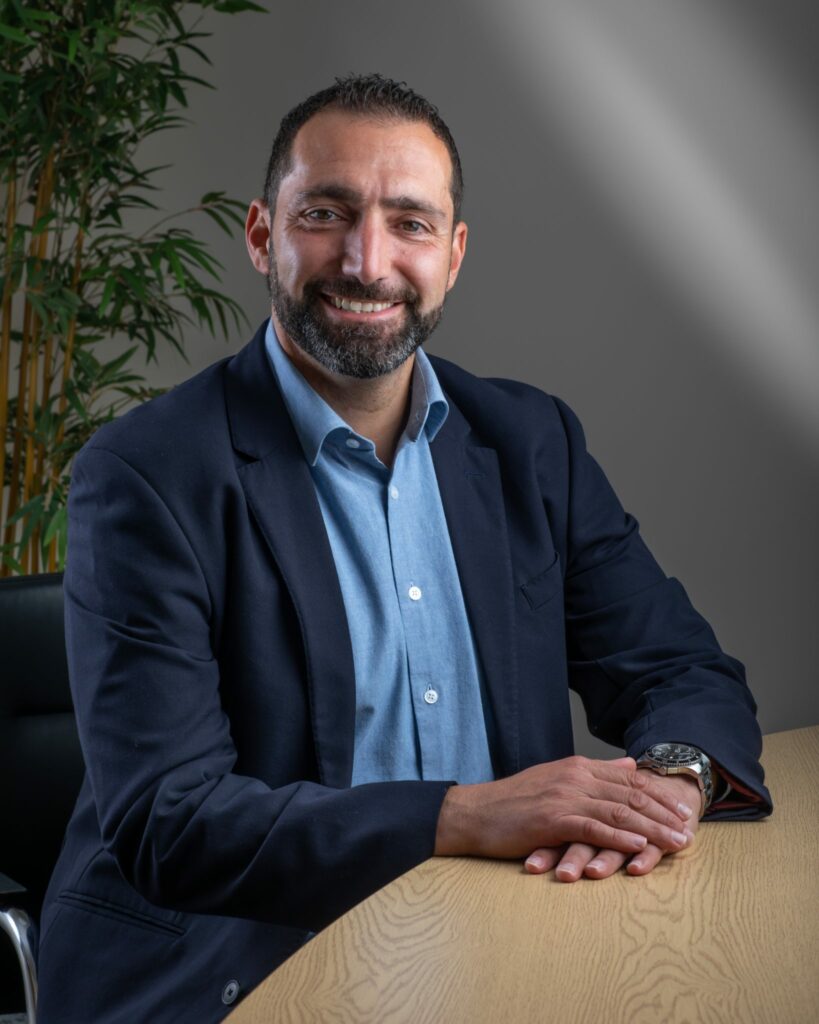
The government has pledged to invest £650 billion in infrastructure over the next decade, supporting 425,000 jobs a year, but where will the workers come from? One company has the answer.
More than a quarter of a million more construction workers will be needed by 2026 to meet the UK’s commitments to building new infrastructure.
But where will they come from? “I want to work in construction” isn’t a statement often heard by 16-year-olds. School leavers often end up in the sector because they can’t think of anything else to do.
One company is changing that approach.
Hercules Site Services, based at South Cerney, near Cirencester, currently employs around 800 people, from bricklayers to civil engineers, supplying their labour to construction companies running major projects across the UK. It is projecting a turnover of around £45 million this year and planning to invest more than £6 million in a new construction skills training centre in Warwickshire.
The founder and CEO of Hercules is Brusk Korkmaz, 43. He said: “Young people often go into the construction sector because a relative works perhaps as a plasterer or a bricklayer, and they know they can earn good money straight away. But they can be in the same job, earning the same money 10 years later because they haven’t upskilled.
“We are showing these young people there’s a career path, such as from bricklayer to machine operator to works manager. If they can see there’s a real opportunity to develop, they will buy into it.”
Brusk, who hails from Turkey and arrived in Gloucestershire via a degree in civil engineering at University College London, set up Hercules Site Services in 2008 after spending almost a decade working for construction and civil engineering companies such as MJ Gleeson, Hochtief and Black and Veatch.
He saw that they often drew from the same pool of skilled workers which was getting smaller as long-standing craftsmen retired or left for other reasons.
“I saw a gap in the market for the supply of a quality, qualified workforce,” he said.
So he launched his business. It wasn’t perfect timing from a family point of view because his first son was about to be born, but that was one of the reasons Brusk made the leap when he did.
“I wanted to stay close to my young family, and in the construction business a good team can be required to travel miles to work on a project. This can mean staying away from home all week. That didn’t appeal to me then, and it doesn’t appeal to the younger generation now.”
Brusk started the business from home – for the first two years living o his wife’s musician’s income from the Welsh National Opera.
“The UK was in recession and I didn’t want to take money out of the business because I wanted to build it up. When my wife was away performing, I looked after my son and then my daughter, sometimes sending emails so early that my clients thought I was working around the clock.”
His first job was building a new tank base at Swindon’s sewage treatment works. “We supplied the workers and did the job. I worked alongside the team, doing everything from pouring concrete to helping the bricklayers.”
Hard graft paid off. By 2010 the business was well-established. “We were doing a lot of work in the water treatment sector where asset management plans run in five-year cycles. We were in the right place at the right time to be commissioned on these projects.”
By 2016 the company had moved into purpose-built offices at South Cerney and the demand for its supply of skilled labour continued to grow.
Recruiting close to home builds a loyal workforce
Brusk discovered that recruiting close to a construction project, wherever it was in the country, and making it as simple as possible for new recruits to sign up with Hercules, was the best way to build up a loyal workforce.
The company designed and launched an app called Hercules Construction Jobs, a simple solution to help people find a job close to where they lived.
“Construction workers typically have a half an hour break in the morning and another at lunch,” explains Brusk. “This doesn’t leave them much time to register or visit agencies to look for the next job.
“They can register on our app at any time, upload their CV and other documentation and apply for jobs wherever they want to work.”
Once they’ve done that, a second Hercules app enables recruits to be on-boarded efficiently. “From checking qualifications and personal data to providing them with a contract to sign, we have made the system efficient and paperless.”
Hercules now has thousands of workers registered on the app and a huge interactive screen at its head office shows where they are all located. Currently several hundred are working on the HS2 railway project, others are laying fibre cables in Kent and more are helping upgrade the M42 in Birmingham and several other National Highways schemes.
Digging deep to find the people it needs
To find these workers, the company does a lot of local engagement. This includes going into schools to do mock interviews with pupils, encouraging them to undertake work placements and consider apprenticeships in construction which could lead to a full-time career. The company says this helps creates social value in local communities.
Hercules also goes out of its way to employ people from all backgrounds and professions, from working with Job Centre Plus, encouraging the longer-term unemployed back into work to engaging with those leaving the military and looking for a new career.
This ethos extends to its 80-strong staff at South Cerney. “Our head office team is made up of people from all backgrounds and sectors because that encourages creativity and innovation,” said Brusk.
“We dig deeper to find the people we need, which is something that other recruitment companies haven’t done in the past,” he added.
Hercules takes care of its long-standing site workforce too. In 2016 the company invested in a mobile health screening vehicle. “The truck has two consulting rooms and our occupational nurses o‑ er basic health screening,” said Brusk.
The usefulness of its investment came into sharp focus recently when Hercules deployed its health trailer on the M42 motorway project being managed by Skanska. “We were offering health checks to our workforce and three individuals presented with increased blood pressure. One man’s blood pressure was so high that our medics called an ambulance. He was in hospital for three days, and their action probably saved his life. He’s now back at work, with proper medication.”
That the worker wasn’t even employed by Hercules, but by one of its on-site competitors didn’t matter. “We offer our services to everyone. Our staff like it because they can see someone’s looking out for them.”
Building a UK network of construction training centres
Hercules is now about to embark on its biggest project to date – investing around £6 million in the construction and fitting out of a training centre near Nuneaton in Warwickshire.
The investment rationale is that by 2050, 60 per cent of the traditional jobs in construction will no longer exist.
“We must offer training for the new jobs in construction and help employees learn to use technology which is currently in development. To do that we need dedicated training centres,” said Brusk.
What technologies does he think will be relevant to his future workforce? One already in development is the exoskeleton suit. This is a metal framework fitted with motorised muscles to multiply the wearer’s strength. The suit makes lifted objects feel much lighter, reducing injuries.
“Using a suit like this could widen our pool of workers by offering jobs to those who may not be so physically able,” said Brusk.
If all goes to plan Hercules – which listed on the London Stock Exchange’s AIM last February, plans to invest in building a further eight training centres across the UK over the next few years.
Brusk said: “The government is investing £650 billion over the next ten years in infrastructure, and that doesn’t include its investment in nuclear. Providing we are in the right place providing the right training, we will be able to supply the qualified construction workers Britain needs to build.”





